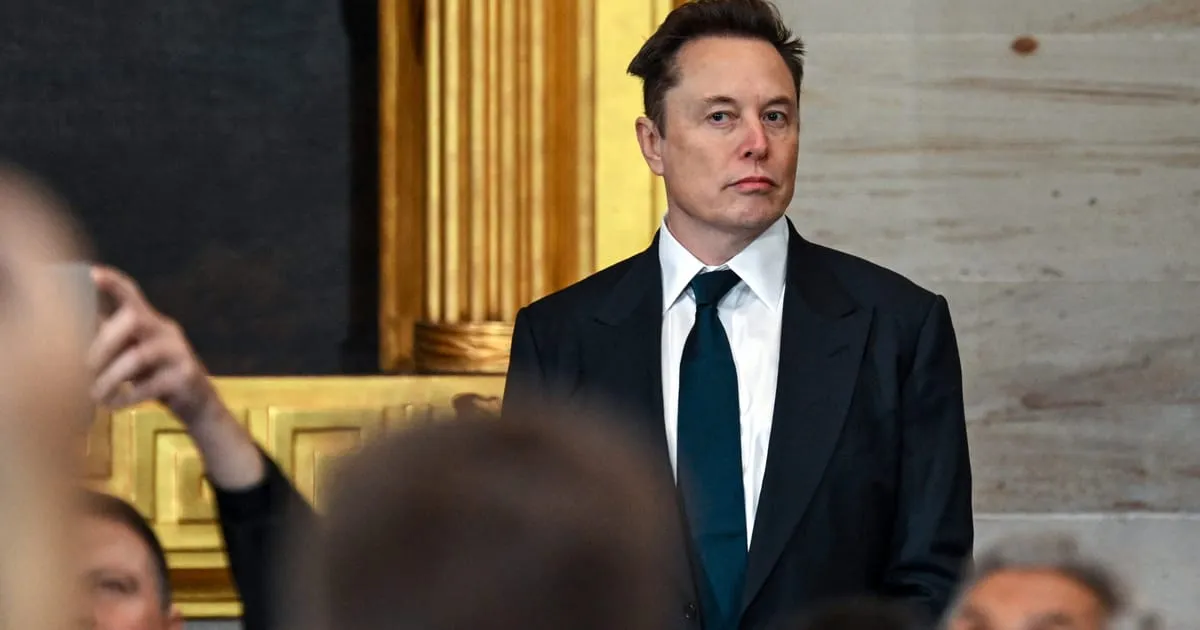
Donald Trump’s top adviser, Elon Musk, has made headlines by openly threatening Pentagon employees who may have leaked information regarding a scheduled briefing about a potential American war with China. This dramatic turn of events was reported by the New York Times on Thursday evening, U.S. time, revealing that the Pentagon planned to provide Musk with insights into the U.S. military's strategies in the event of a conflict with China.
Following the publication of the article, Pentagon officials and President Trump confirmed the planned meeting. However, they both firmly denied that the session would involve discussions about military operations concerning China. In a statement shared on his Truth Social platform, Trump emphasized, “China will not even be mentioned or discussed.” He further criticized the media, stating, “How disgraceful it is that the discredited media can make up such lies. Anyway, the story is completely untrue!!!”
Elon Musk, known for his controversial statements, amplified Trump’s remarks by reposting them on X, formerly known as Twitter. He labeled the New York Times as “pure propaganda” and issued a stark warning: “I look forward to the prosecution of those at the Pentagon who are leaking maliciously false information to NYT.” Musk asserted, “They will be found,” indicating his intent to take action against those responsible for the leaks.
The New York Times report that sparked this controversy highlighted the implications of Musk's involvement with the Pentagon. Should the briefing proceed, it would further expand Musk's already considerable influence within the federal government. This raises significant questions about potential conflicts of interest, especially as Musk continues to lead his companies such as SpaceX, which serves as a major contractor for the government.
As this situation unfolds, the implications for both Musk's business interests and U.S. military strategy remain to be seen. The intersection of technology, media, and government continues to evolve, underlining the complexities of modern governance and corporate influence.